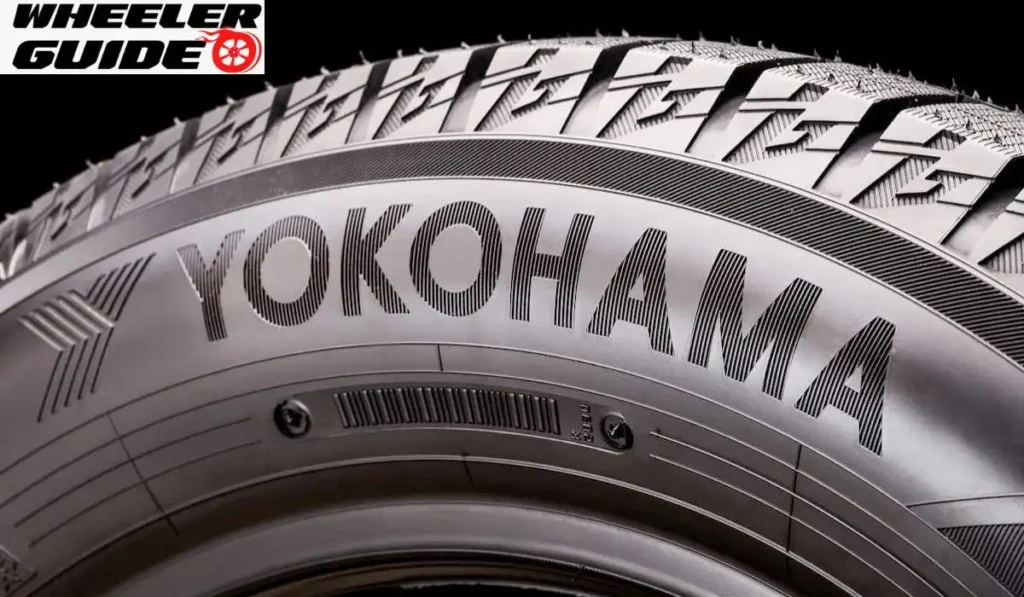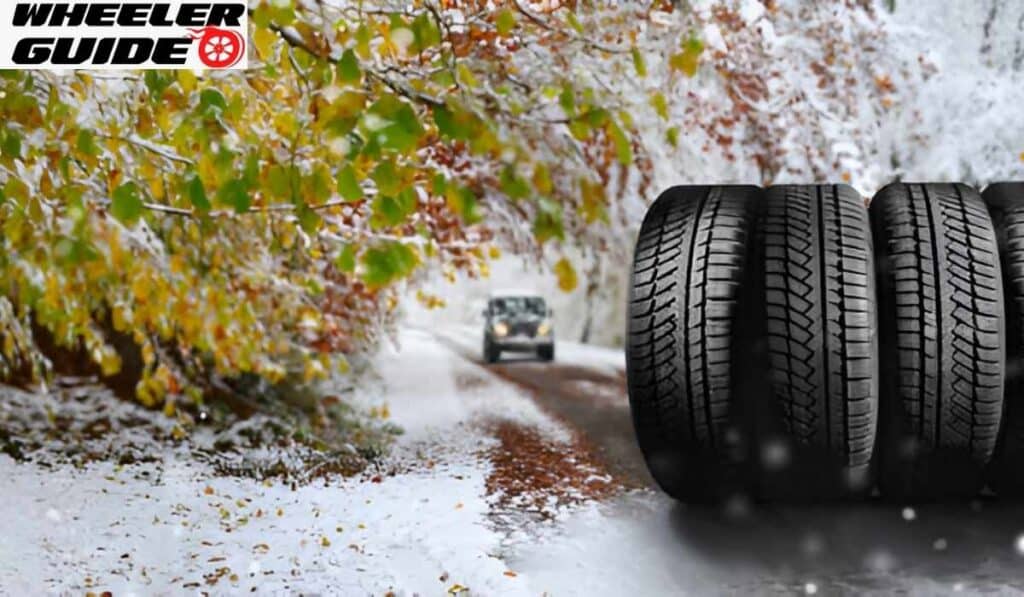Yokohama Tires are a well-known brand in the automotive industry. They offer a range of products for different vehicles and driving needs. Many drivers wonder about the quality and performance of these tires.
Yokohama tires are good and provide excellent performance, durability, and value for money. The brand has a long history of producing high-quality tires with advanced technology. Yokohama tires excel in traction, handling, and braking on both wet and dry roads.
Analyzing Yokohama Tire Features
Yokohama tires offer a range of features designed to enhance performance, durability, and comfort. These tires incorporate advanced technologies to improve traction, fuel efficiency, and handling across various driving conditions.
Tread Life and Tire Durability
Yokohama tires are engineered for longevity. The company uses high-quality rubber compounds that resist wear and maintain performance over time. Many Yokohama models come with impressive treadwear warranties, indicating the manufacturer’s confidence in their product’s durability.
The tread patterns on Yokohama tires are designed to distribute wear evenly. This helps extend the tire’s lifespan and maintain consistent performance throughout its use. Some models, like the Yokohama Geolandar series, feature reinforced sidewalls to enhance durability, especially for off-road use.
Yokohama also focuses on environmental sustainability in their tire production. They use materials and manufacturing processes that aim to reduce environmental impact without compromising tire quality or longevity.

Performance Across Conditions
Yokohama tires are known for their versatile performance. The tread patterns are engineered to provide excellent traction in various conditions, including wet roads, dry pavement, and light snow.
All-season tires from Yokohama, such as the Avid Ascend, offer balanced performance year-round. They feature sipes and grooves that help channel water away, reducing the risk of hydroplaning in wet conditions.
For more specialized needs, Yokohama offers dedicated summer and winter tires. Their performance tires provide enhanced grip and handling for sports cars and high-performance vehicles. Winter tires use specialized rubber compounds that remain flexible in cold temperatures, improving traction on snow and ice.
Enhancing Driving Comfort
Yokohama prioritizes driver comfort in their tire designs. Many models feature technologies that reduce road noise, creating a quieter ride. The tread patterns are optimized to minimize vibrations and provide smooth handling.
The company’s focus on reducing rolling resistance not only improves fuel efficiency but also contributes to a more comfortable driving experience. Lower rolling resistance means less energy is needed to move the vehicle, resulting in smoother acceleration and less strain on the engine.
Yokohama’s commitment to comfort extends to their all-terrain tires as well. These tires are designed to provide a balance between off-road capability and on-road comfort, making them suitable for drivers who frequently switch between paved and unpaved surfaces.
Specific Tire Lines and Consumer Experiences
Yokohama offers a diverse range of tire options to suit various driving needs. Customer feedback and performance metrics provide insight into the quality and value of different Yokohama tire lines.
Exploring the Geolandar Series
The Geolandar series is a popular choice for SUV and light truck owners. The Geolandar A/T G015 stands out as an all-terrain option, balancing on-road comfort with off-road capability.
This tire features an optimized tread pattern that enhances grip in wet conditions. It also boasts improved tread life compared to previous models.
For more extreme off-road use, the Geolandar M/T G003 offers aggressive traction. Its wide, flat profile and high-density rubber compound contribute to durability in harsh terrain.

Customer Satisfaction and Support
Yokohama tires generally receive positive reviews from consumers. Many drivers praise their performance and longevity.
On ConsumerAffairs.com, customers report satisfaction with Yokohama’s wet-weather handling. One user from Washington state described them as “sure-footed in the rain.”
Yokohama backs its products with a robust warranty program. This coverage gives buyers peace of mind and demonstrates the company’s confidence in its tires.
However, like any brand, Yokohama has faced some criticism. A few customers have reported issues with premature wear or noise levels.

Fuel Efficiency and Environmental Impact
Yokohama has made strides in developing fuel-efficient tires. Their Bluearth line, including the Bluearth S34, focuses on reducing rolling resistance.
Lower rolling resistance translates to improved fuel economy for vehicles. This can lead to cost savings for drivers over time.
The company also employs eco-friendly manufacturing practices. Their Orange Oil technology reduces petroleum use in tire production.
This innovative approach not only benefits the environment but also enhances tire performance. Orange Oil contributes to better grip and longer-lasting tread compounds.
Frequently Asked Questions
How do Yokohama tires perform in various weather conditions?
Yokohama tires generally perform well in diverse weather conditions. Their all-season tires provide good traction on both dry and wet roads.
For winter driving, Yokohama offers specialized snow tires with enhanced grip on icy surfaces. Some models feature extra siping to improve wet road performance.
What is the durability and tread life of Yokohama tires?
Yokohama tires are known for their durability. Many models come with treadwear warranties of up to 65,000 miles, indicating the manufacturer’s confidence in their longevity.
The tread life varies depending on the specific tire model and driving conditions. Regular rotation and proper maintenance can help extend the life of Yokohama tires.
How do Yokohama tires compare to other premium brands like Michelin and Bridgestone?
Yokohama tires often offer comparable performance to other premium brands at a more competitive price point. They provide a good balance of quality and value.
In terms of specific features, Yokohama tires may excel in certain areas while falling slightly behind in others, depending on the model and intended use.
What is the manufacturing origin of Yokohama tires?
Yokohama Rubber Company is based in Tokyo, Japan. However, they have manufacturing facilities in several countries around the world.
Some Yokohama tires are made in Japan, while others are produced in the United States, Philippines, Thailand, and other locations to serve global markets.
What is the consumer feedback on Yokohama tire quality and reliability?
Consumer feedback on Yokohama tires is generally positive. Many users praise their performance in wet conditions and overall comfort.
Some drivers report high satisfaction with the tires’ longevity and handling characteristics. However, as with any brand, there are also some mixed reviews, particularly regarding specific models.
How does the cost of Yokohama tires compare to other brands?
Yokohama tires are often priced competitively compared to other premium brands. They typically offer a good balance of performance and affordability.
While not the cheapest option on the market, Yokohama tires are frequently less expensive than top-tier brands like Michelin or Bridgestone for comparable models.


